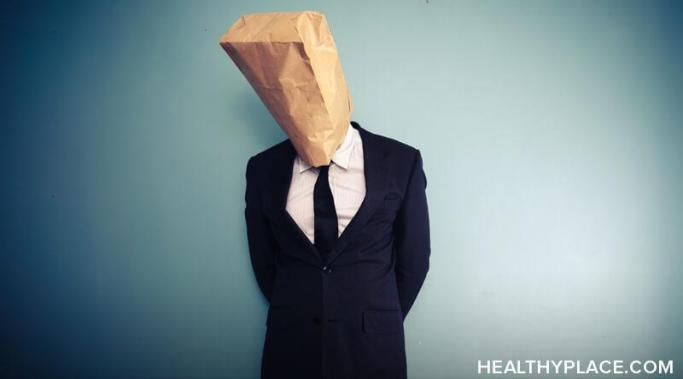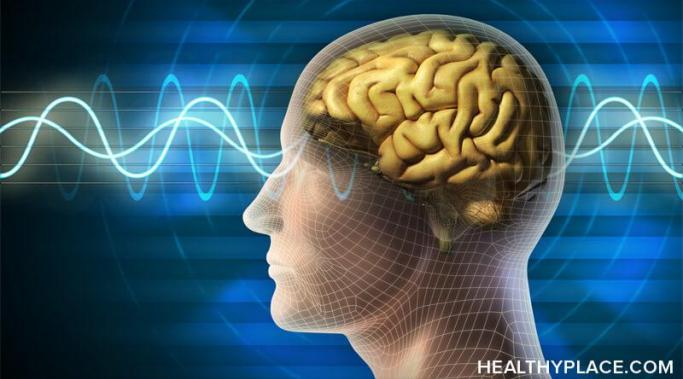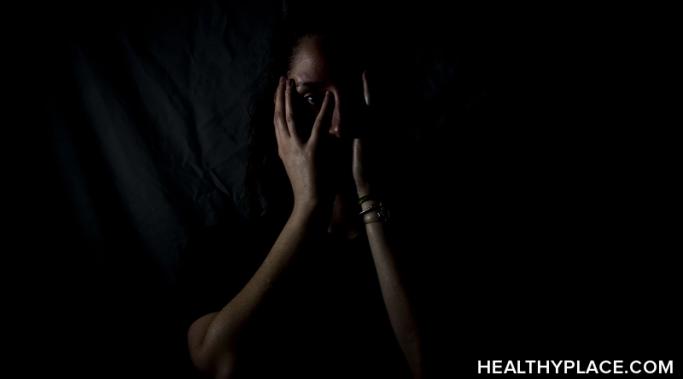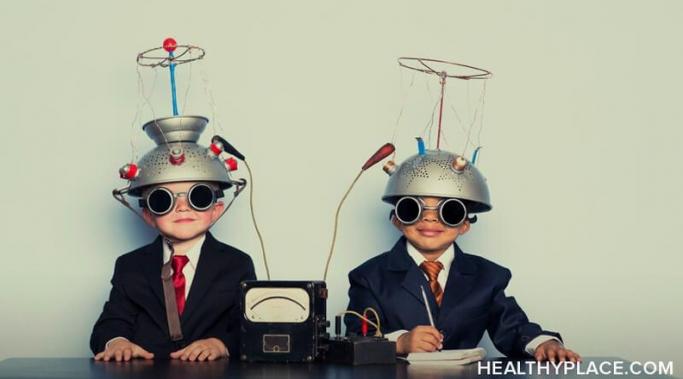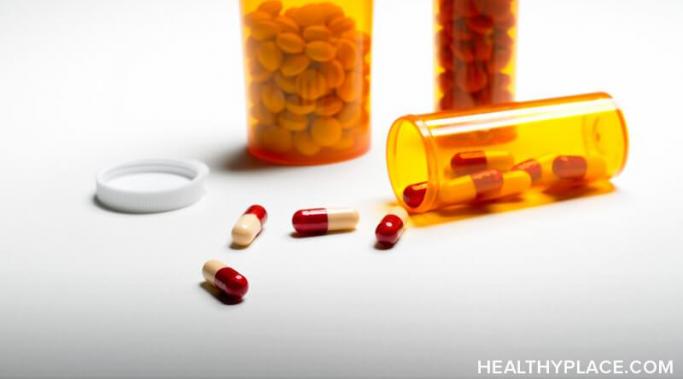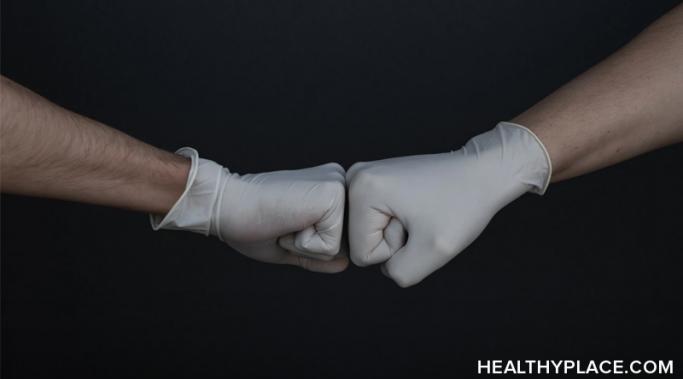After being diagnosed with attention-deficit/hyperactivity disorder (ADHD), I went through several stages before coming to full acceptance of the disorder. I don't know what it is about life after an official diagnosis, but I experienced everything from liberating aha moments to depression and despair.
Everyone processes their emotions differently post-diagnosis—so I thought it would be helpful to share my timeline for those who've been recently diagnosed and/or struggling.
The stages are listed in the order they were experienced.
Living with Adult ADHD
Social rejection hurts me much more than I would like. I'm sensitive, and therefore I experience all emotions to a greater a degree. Everything from joy to depression can sometimes be overwhelming. And it's that tendency to experience emotions so strongly that keeps me from revealing parts of myself that I've labeled "unlovable."
As a kid, anytime I watched TV, read a book, or engaged in an activity where I had to sit for long periods, I would rock back and forth (a self-stimulating behavior). To my parents, watching me rock backward and bang the back of my head up against the couch was not odd since my brother was also a "headbanger" as they would jokingly call it. Recently, I learned that my means of self-soothing as a child is called stimming—and there's a connection between self-stimulatory behavior and attention-deficit/hyperactivity disorder (ADHD).
How do you know if sharing too much information is a problem attention-deficit/hyperactivity disorder (ADHD) causes for you? Do you ever find yourself during a conversation anxiously waiting for the person to finish their sentence so you can get your thoughts out before you forget? Do you have word vomit, fixate over the things you wish you would've said, or do you go off on tangents when you speak? Even worse, have you been told or noticed that you share too much information? Then you're in good company.
Ever since I was clinically diagnosed with attention-deficit/hyperactivity disorder (ADHD), I'm hesitant to disclose that I have it—even with close friends.
I learned how to trick my brain by accident. You see, several years ago (before my attention-deficit/hyperactivity disorder (ADHD) diagnosis), to lose the weight I gained from my second pregnancy, I went on a diet. After learning the ins and outs of nutrition, I began meal prepping and working out four times a week, with only one caveat—Wednesday was "cheat" day. My weekly 10-piece nugget meal accompanied by a medium, mountain berry Powerade was the absolute highlight of my week. However, once Thursday hit, I was back to my daily egg whites, chicken, and broccoli.
After receiving a clinical diagnosis for "mild inattentive attention-deficit/hyperactivity disorder (ADHD)," something strange happened. What I thought would be liberation turned into weeks, if not months of self-loathing and debility. Instead of learning how to coexist with my ADHD, I became it.
After years of my voicemails going unanswered, high co-pays, and failed medications—I'm finally at a place in my life where I'm getting quality mental health care. I'm finding success with my attention-deficit/hyperactivity disorder (ADHD) medications. But I want to caution you: this didn't come without great persistence. I've spent 15 minutes on hold with my insurance only to discover my behavior health care coverage wasn't through them. And I've called many offices just to be out of network. Because I've had my fair share of crappy experiences, doctors, and ADHD medication, I came up with a list of six tools and mindset shifts that helped me reach success with ADHD medication that I hope can benefit you.
I hate to say it, but my mental health hasn't changed much since the recent COVID-19 outbreak. Despite working directly with COVID-19 patients as a healthcare worker, lack of protective personnel equipment (PPE), and a limited supply of masks—my attention-deficit/hyperactivity disorder (ADHD) remains intact.
Attention-deficit/hyperactivity disorder (ADHD) makes college harder. Two-point-nine, 2.9 was my GPA when I graduated from the local community college in the Winter of 2016 with a then three-week-old baby and three-year-old toddler. But I didn't care because "Cs still get degrees," and I already spent five years at that school. So how did I go from a failing teen skipping class every Tuesday and Thursday to the straight-A student on the academic Dean's List eight years later? The answer to my success with ADHD in college may surprise you, and none of it included stimulant medication.

